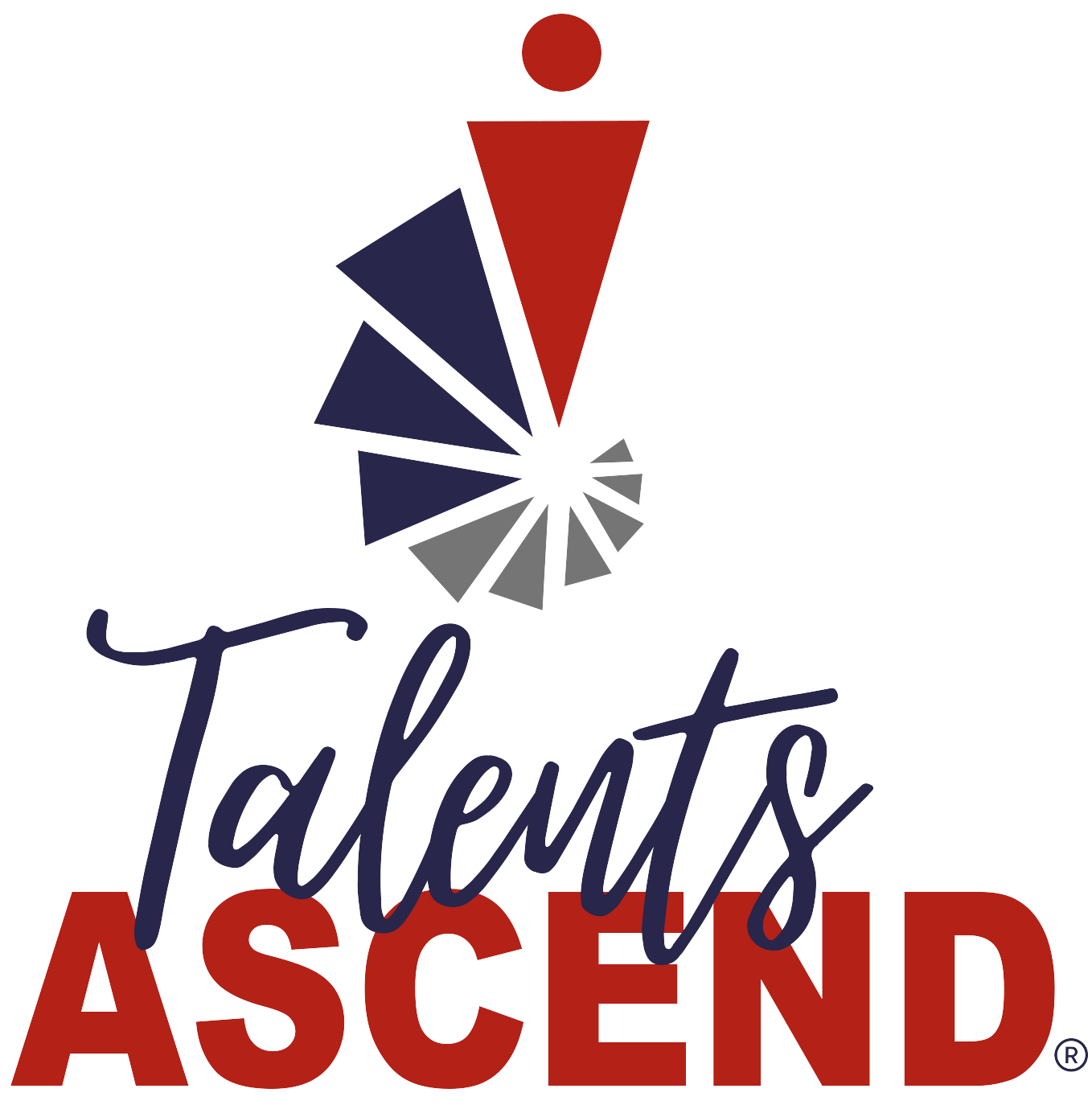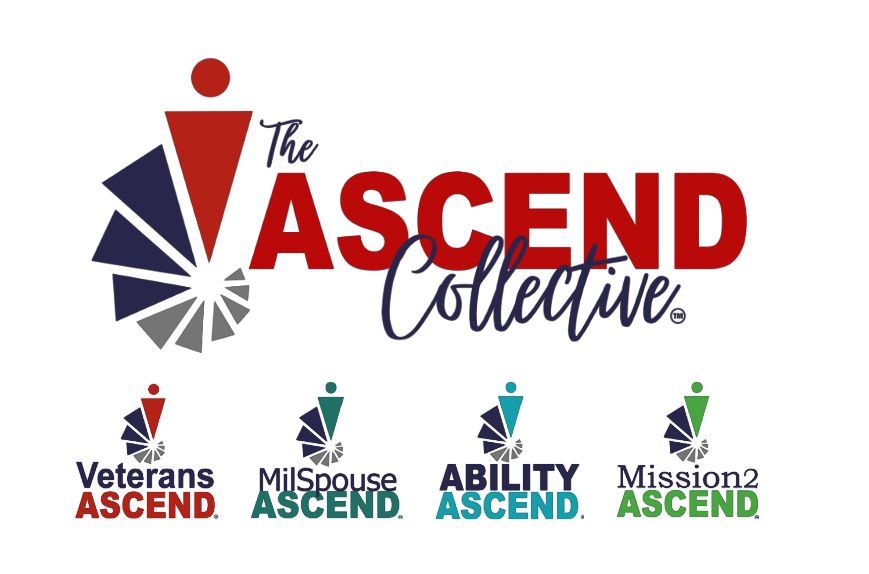Employee Spirit Month: The Connection Between Skills-Based Hiring and Reducing Turnover
March is Employee Spirit Month, a time dedicated to celebrating the hard work, dedication, and contributions of employees in every industry. It’s a reminder that employees are the greatest asset of any organization, and their engagement and satisfaction directly impact productivity, workplace culture, and overall business success. While recognizing employees is essential, ensuring they are in the right roles from the start is equally important. One of the most effective ways to support and retain employees is through skills-based hiring, which not only improves job satisfaction but also significantly reduces turnover costs.
The Cost of High Employee Turnover
Employee turnover costs small businesses more due to several direct and indirect factors that disproportionately affect their operations compared to larger organizations. Here are the key reasons:
- Financial Costs of Replacing Employees
- Recruitment and Hiring Expenses: Small businesses often lack dedicated HR teams, requiring owners or managers to spend significant time and money on advertising, interviewing, and screening candidates.
- Training Costs: New hires require onboarding and training, which can cost 10-20% of their annual salary over two to three years. During this period, productivity is lower as employees ramp up.
- Higher Salary Demands: External hires often demand 18-20% more in salary than internal promotions, further increasing costs.
- Lost Productivity
- When an employee leaves, their role often remains unfilled for weeks or months, leading to lost productivity and missed deadlines. It can take one to two years for a replacement to reach the same performance level as the previous employee.
- Remaining employees are forced to take on additional responsibilities, leading to stress, burnout, and potentially more turnover.
- Impact on Team Morale and Culture
- High turnover disrupts team cohesion and workplace culture. Losing long-standing employees can damage morale among remaining staff, reduce engagement, and create a cycle of further resignations.
- Small businesses rely heavily on tight-knit teams, so the departure of even one employee can have an outsized impact on operations and interpersonal dynamics.
- Customer Impact
- For customer-facing roles, turnover can lead to service disruptions or errors, risking the loss of long-term clients who value consistency and relationships with specific employees.
- Opportunity Costs
- Time spent on hiring and training detracts from business growth activities like scaling operations or pursuing new opportunities. This is particularly challenging for small businesses with limited resources.
In summary, turnover costs small businesses more because they have fewer resources to absorb the financial burden, productivity losses, and cultural disruptions caused by employee departures. This leads to burnout, disengagement, and ironically, even more turnover. The cycle continues unless organizations take proactive steps to improve retention. Addressing these issues through retention strategies is crucial for long-term success.
Skills-Based Hiring: A Smarter Approach
One of the biggest contributors to turnover is mismatched hiring, bringing in employees who lack the necessary skills or aren’t the right fit for the job. Traditional hiring methods rely heavily on resumes and credentials, which don’t always provide an accurate picture of an individual’s true capabilities. Skills-based hiring, on the other hand, focuses on what candidates can do rather than where they’ve worked or what degrees they hold.
By shifting the hiring process to prioritize skills, employers can:
✔ Find better matches for roles, increasing employee satisfaction and long-term retention.
✔ Reduce bias by focusing on capabilities rather than background.
✔ Expand talent pools to include individuals from underserved communities, veterans, and those with non-traditional career paths.
✔ Improve onboarding efficiency by hiring employees who already possess the necessary skills.
The Employee Spirit Connection
Employee Spirit Month is all about valuing and appreciating employees, not just with recognition and celebrations, but by creating workplaces where they feel supported, valued, and set up for success. When employees are hired based on skills, they feel empowered to thrive in roles where they can make a real impact, leading to greater job satisfaction and engagement.
Employees who feel valued and capable in their positions are more likely to stay, reducing turnover and fostering a more positive workplace culture. In turn, businesses benefit from lower hiring costs, increased productivity, and a team that’s invested in the company’s long-term success.
Investing in People, Investing in Success
This Employee Spirit Month, let’s go beyond appreciation and focus on how we hire, support, and retain talent. Skills-based hiring is not just a hiring strategy, it’s a long-term investment in employee success and business growth. When we match people with opportunities based on their abilities, we create stronger teams, reduce costly turnover, and build workplaces where employees truly want to stay.
At Talents ASCEND, we believe in the power of skills-based hiring to transform workplaces. Let’s make every month a celebration of employees by ensuring they are in the right roles, valued for their contributions, and supported in their career growth.
Watch Now!
Celebrating Employee Spirit Month: Honoring the Heart of Our Workforce
As we step into March, we embrace Employee Spirit Month. A time dedicated to recognizing and celebrating the incredible contributions of employees in every industry. It is a moment to reflect on the hard work, discipline, and dedication that keep businesses running, communities thriving, and the economy moving forward. As the Treasurer of Talents ASCEND’s Board, I want to take this opportunity to highlight the importance of acknowledging and appreciating employees, the true backbone of any organization. This recognition extends beyond traditional hiring practices—it’s about valuing the untapped potential in underserved talent, including veterans, military spouses, individuals with disabilities, and justice-impacted job seekers. By broadening our hiring approach and embracing skills-based talent acquisition, we not only strengthen our workforce but also create opportunities for individuals who have been historically overlooked. When businesses invest in diverse talent, they gain dedicated, resilient, and highly skilled employees who bring fresh perspectives and drive innovation. Appreciation isn’t just about recognizing hard work, it’s about ensuring everyone has a fair chance to contribute, grow, and succeed.
Why Employee Spirit Month Matters
The essence of Employee Spirit Month lies in celebrating all employees—regardless of their role or industry—and the immense value they bring to their workplaces. Their efforts go beyond daily tasks; they shape company culture, drive success, and create meaningful change.
For employers, this month is a reminder that fostering a positive work environment is not just a one-time event but a continuous commitment. A workplace where employees feel valued and recognized leads to increased motivation, job satisfaction, and productivity. When employees know their contributions matter, they invest more of themselves in their work, leading to higher levels of engagement and long-term retention.
The Impact of Recognition and Appreciation
Recognition plays a crucial role in boosting morale. A simple “thank you” or public acknowledgment can go a long way in reinforcing employees’ commitment to their work. Studies consistently show that organizations that prioritize employee appreciation experience lower turnover rates, stronger teamwork, and higher levels of job satisfaction.
Employee Spirit Month serves as a fantastic opportunity to build stronger relationships within teams and to make a lasting impact on workplace culture. Whether it’s through employee appreciation events, small gestures of gratitude, or simply fostering a more encouraging environment, every effort counts.
Ways to Celebrate Employee Spirit Month
There are countless ways organizations can honor their employees during this special month, including:
- Recognition Programs – Implementing an “Employee of the Month” program or highlighting outstanding contributions through internal newsletters, meetings, or social media.
- Team Bonding Activities – Hosting team lunches, game days, or wellness activities to strengthen workplace relationships.
- Personalized Thank-Yous – Handwritten notes or personalized emails expressing appreciation for each employee’s contributions.
- Professional Development Opportunities – Offering additional training, mentorship programs, or career growth resources to show investment in employees’ futures.
- Surprise Perks – Small incentives like extra break time, casual dress days, or special treats to make employees feel valued.
A Commitment Beyond March
While March serves as a designated time to celebrate employee spirit, it is essential that appreciation extends throughout the year. Investing in a workplace culture that values employees every day ensures lasting engagement and satisfaction.
As we celebrate Employee Spirit Month, let us take a moment to recognize the dedication, talent, and perseverance of our workforce. Our employees are the foundation of success, and by fostering a culture of appreciation, we not only uplift them but also strengthen our organization as a whole.
Thank you to all employees for your hard work, commitment, and contributions. You are truly the driving force behind our success!






